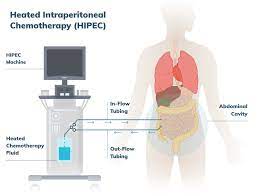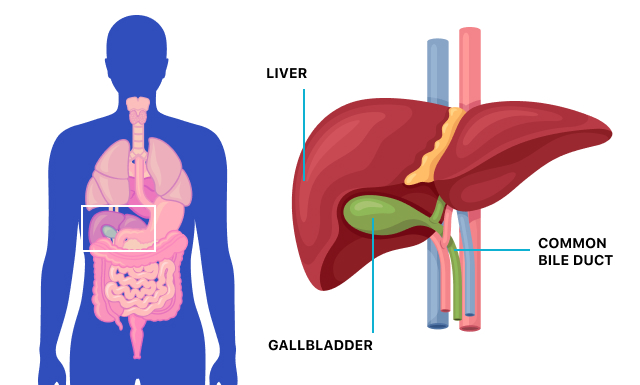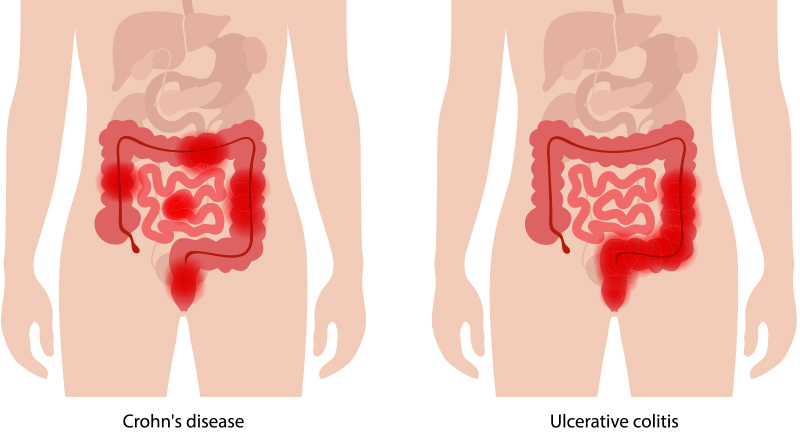Determining eligibility for Hyperthermic Intraperitoneal Chemotherapy (HIPEC) involves a comprehensive evaluation, including imaging and diagnostic tests. The specific tests used may vary based on the type and stage of cancer, as well as individual patient factors. Here are some common imaging and diagnostic tests that may be employed to determine eligibility for HIPEC:
- Computed Tomography (CT) Scan: A CT scan is a commonly used imaging test that provides detailed cross-sectional images of the abdomen. It helps evaluate the extent of cancer spread, the size and location of tumors, and the involvement of surrounding structures.
- Magnetic Resonance Imaging (MRI): MRI uses magnetic fields and radio waves to create detailed images of soft tissues in the abdomen. It can provide additional information about the location and characteristics of tumors.
- Positron Emission Tomography (PET) Scan: PET scans involve the injection of a small amount of radioactive material to highlight areas of increased metabolic activity. PET scans can help identify regions of cancer cells that may not be visible on other imaging studies.
- Diagnostic Laparoscopy: Diagnostic laparoscopy is a minimally invasive surgical procedure that allows direct visualization of the abdominal cavity. It is often used to assess the extent of cancer spread and identify any small tumors or nodules.
- Biopsy: A biopsy involves the removal of a small sample of tissue for examination under a microscope. This may be done during surgery or through a less invasive procedure, such as a needle biopsy, to confirm the type of cancer and assess its aggressiveness.
- Peritoneal Cancer Index (PCI): PCI is a scoring system used during surgery to evaluate the extent of peritoneal disease. It assigns scores to different areas of the abdomen based on the size and distribution of tumors.
- Blood Tests: Blood tests, including tumor markers and general blood chemistry, may be conducted to assess overall health and the presence of specific markers associated with certain types of cancer.
- Endoscopy: Endoscopic procedures, such as upper endoscopy or colonoscopy, may be performed to evaluate the gastrointestinal tract and detect any tumors or abnormalities.
- Cytology: Cytology involves examining cells collected from the peritoneal fluid for the presence of cancer cells. This may be done during surgery or through a separate procedure.
- Genetic Testing: Genetic testing may be considered to identify specific genetic mutations associated with certain types of cancer. This information can guide treatment decisions and prognosis.
The choice of diagnostic tests depends on the specific circumstances of each patient. The results of these tests help the medical team determine whether HIPEC is a suitable treatment option, considering factors such as the extent of disease, the location of tumors, and the overall health of the patient. The multidisciplinary healthcare team, including surgeons, oncologists, and radiologists, collaborates to make the most informed decisions regarding eligibility for HIPEC.
Rediscover digestive wellness with the expertise of Dr. Chintamani, your premier Gastrointestinal Surgeon in Mumbai. Renowned for precision in surgical interventions and a patient-centric approach, Dr. Chintamani offers advanced solutions for a spectrum of gastrointestinal concerns.




